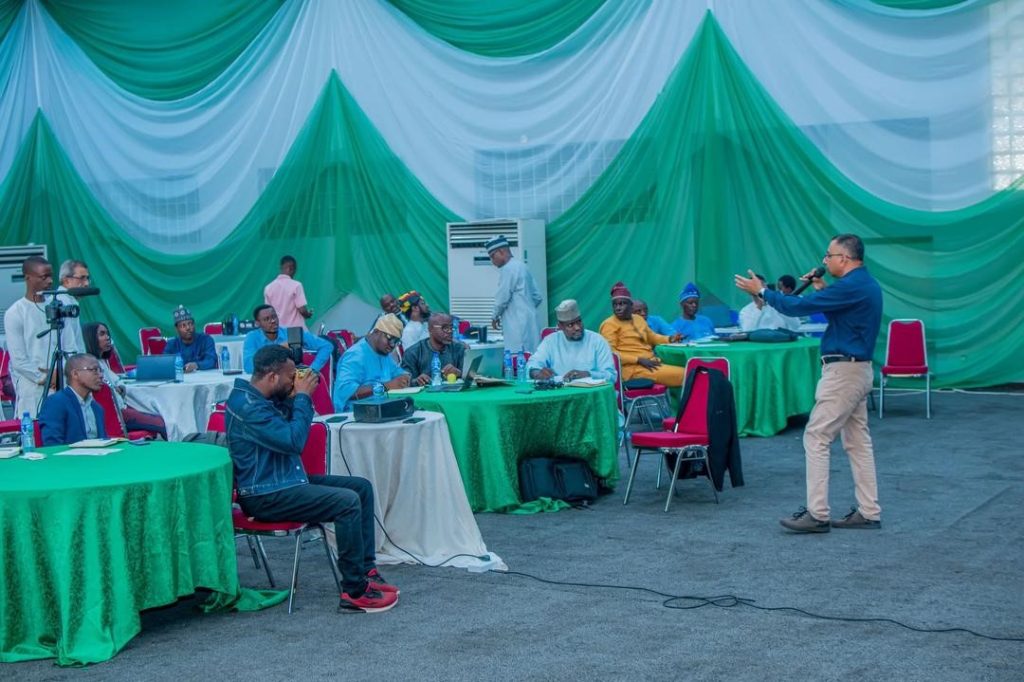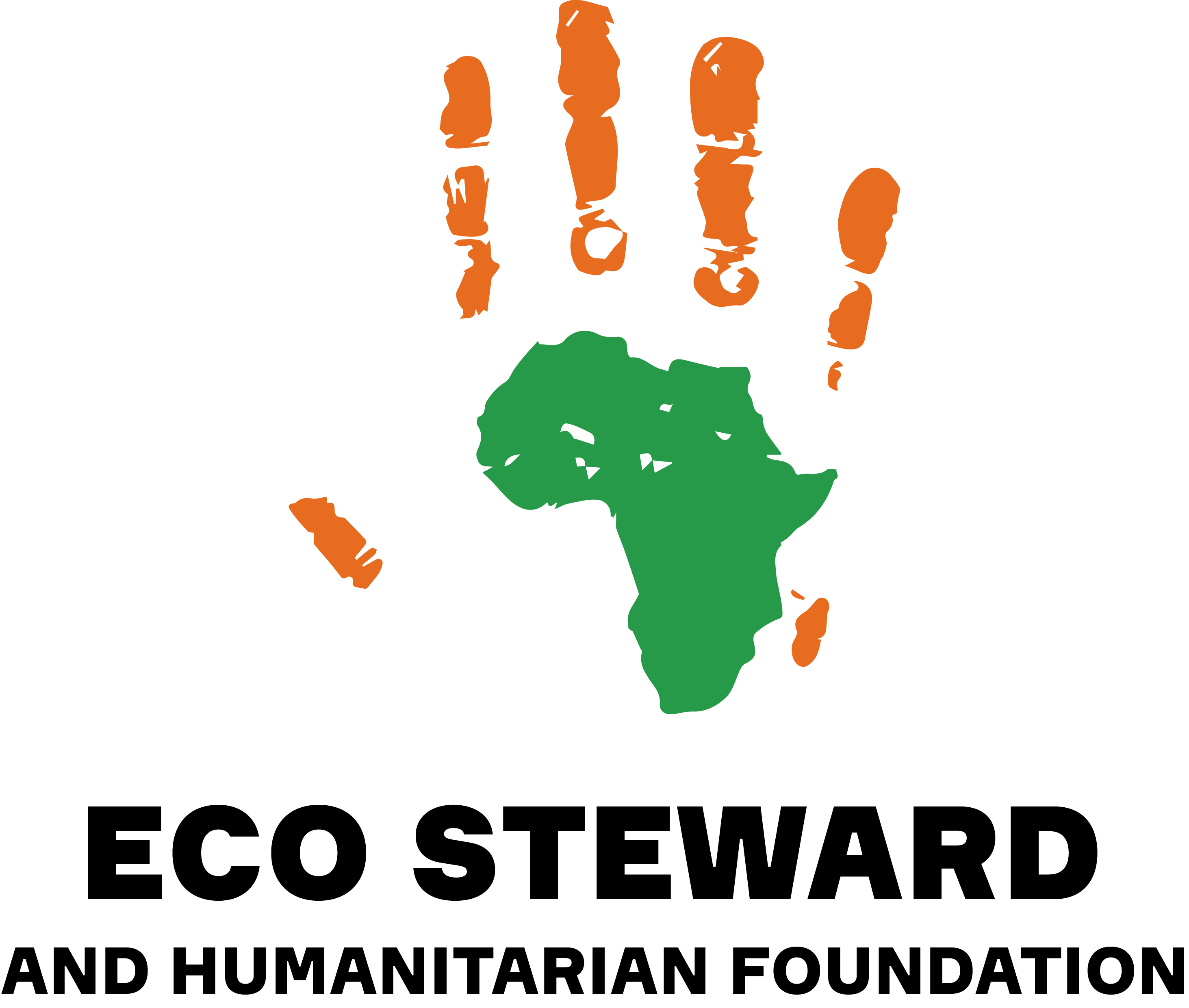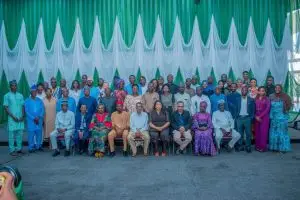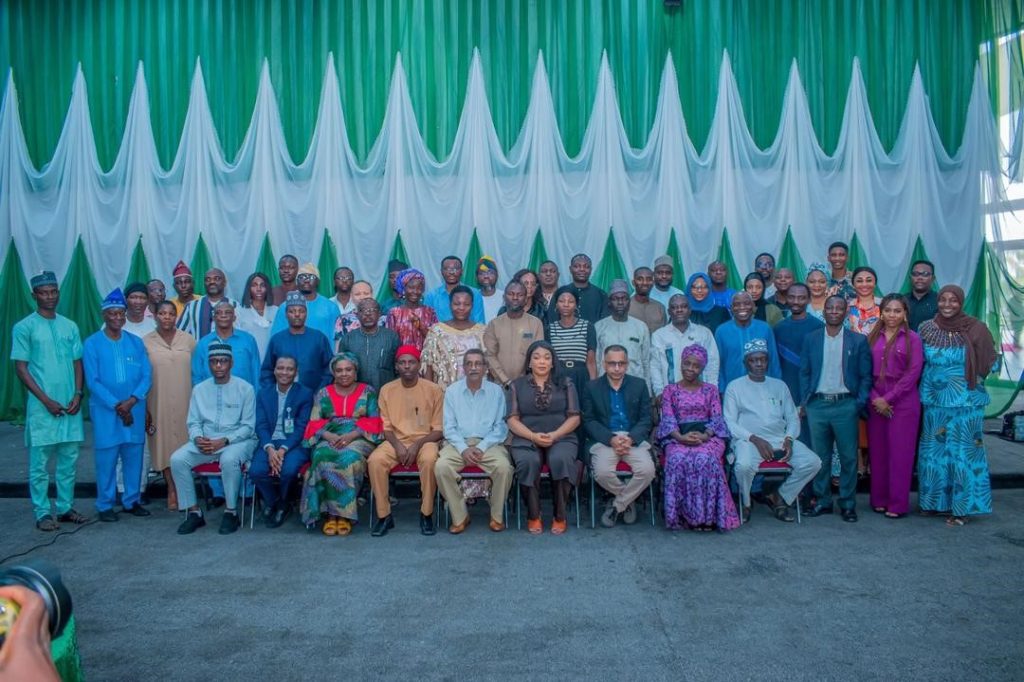
written by Nweze Emmanuel Obinna and Nsikak
On Tuesday and Wednesday, April 8 and 9th, 2025, the National Council on Climate Change Secretariat (NCCCS) convened a technical working group workshop with key Ministries, Departments, Agencies (MDAs), and development partners. The workshop marked the official launch of Nigeria’s preparation of its Second Biennial Transparency Report (BTR2) and Fourth National Communication (NC4) to the United Nations Framework Convention on Climate Change (UNFCCC).
This initiative follows a review of the First Biennial Transparency Report (BTR1) and an assessment of Nigeria’s compliance with key outcomes from the UNFCCC Conferences of the Parties (COPs).
Dr. Nkiruka Maduekwe, Director General and CEO of the NCCCS and Special Presidential Envoy on Climate Change, was represented by the Assistant Director, Dr. Chukwuemeka Okebugwu, who welcomed stakeholders and partners. He reiterated Nigeria’s ongoing commitment to the Paris Agreement and the importance of transparency in national climate efforts.
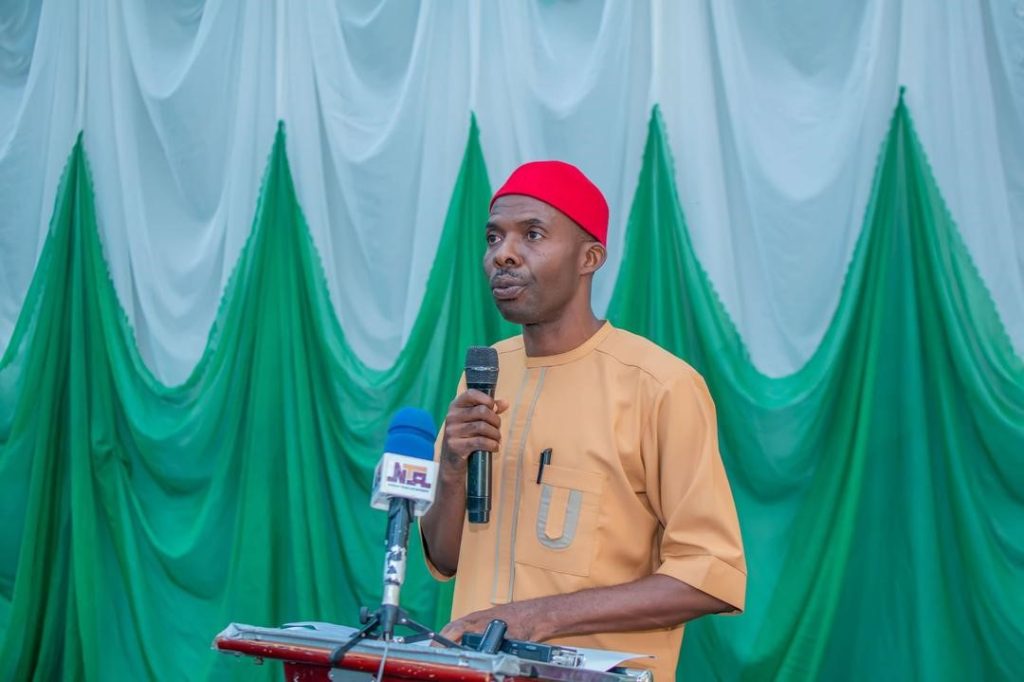
In her opening remarks (delivered by Dr. Okebugwu), Dr. Maduekwe highlighted that Nigeria has so far submitted three National Communications, two Biennial Update Reports, and, most recently, its First Biennial Transparency Report (BTR1) in December 2024.
“Today, we gather to initiate the next cycle of reporting—BTR2 and NC4—as a combined exercise under the Enhanced Transparency Framework of the Paris Agreement,” she stated.
“This process is critical for building mutual trust and confidence through transparent, participatory, and inclusive reporting. It also aims to establish a robust institutional system for consistent data flow and high-quality climate reporting.”
She emphasized that these reports are vital to tracking national progress on climate commitments and aligning policy efforts with data-driven action.
The technical sessions, supported by the Federal Government of Nigeria, the Global Environment Facility (GEF), and the United Nations Development Programme (UNDP), aim to coordinate stakeholders and develop robust reporting mechanisms. The sessions will also address data needs and compliance requirements to strengthen the quality of the BTR2/NC4.
Following Nigeria’s ratification of the Convention in August 2024, and in line with COP decisions, stakeholders were reminded of the country’s medium ranking on the 2025 Climate Change Performance Index (CCPI), where it outperformed South Africa. While Nigeria has remained consistent in reporting, experts noted that more robust policy backing is required to support implementation efforts.
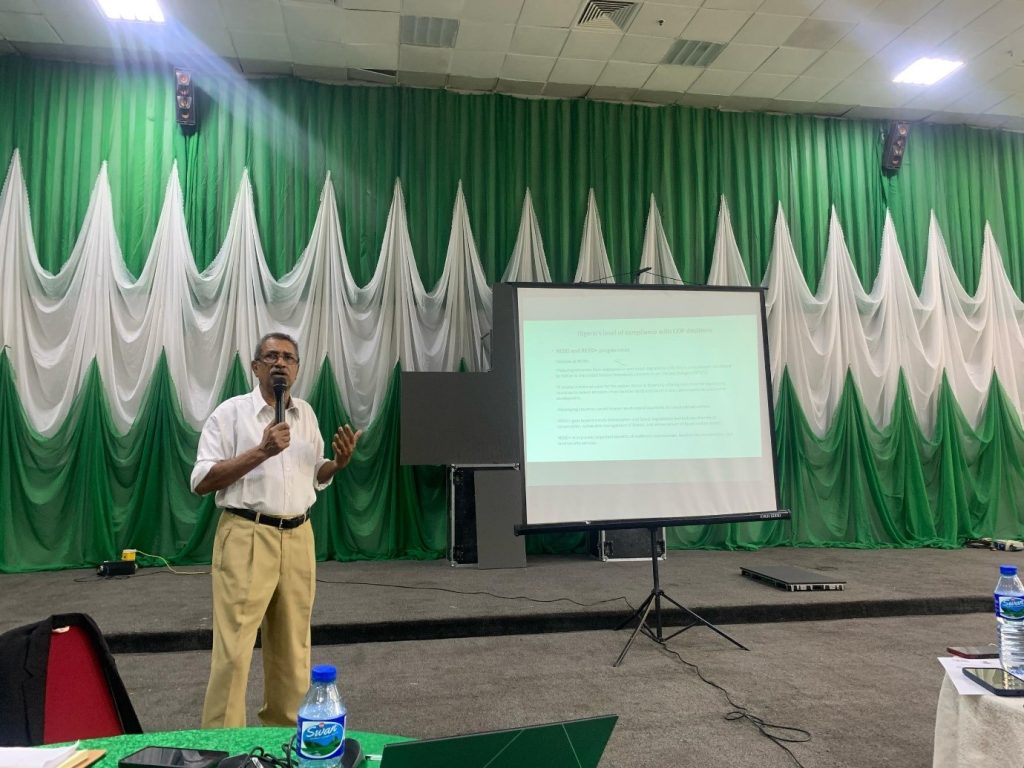
During discussions, participants reflected on lessons from BTR1, identifying challenges such as fragmented data across institutions, the need for an updated greenhouse gas inventory, quantifying progress in climate resilience especially in access to clean electricity over the past four years and strengthening public climate literacy through reliable communication channels.
The event, which runs from April 8 to 15, 2025, includes consultations with MDAs and stakeholders across Nigeria’s six geopolitical zones. It also covers the updating of the Additional Common Reporting Table (ADCOM) and components such as education, training, public awareness, research, and systematic observation.

